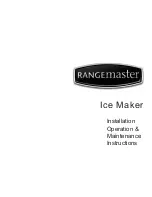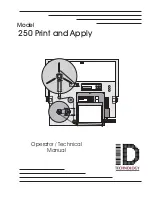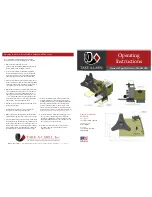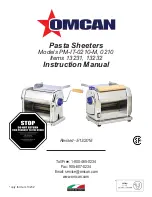
150
EMBROIDERY
— — — — — — — — — — — — — — — — — — — — — — — — — — — — — — — — — — — — — — — — — — — — —
Selecting a frame pattern
10 shapes, such as squares and circles, can be
combined with 12 stitch types.
Memo
z
Refer to "Frame patterns" in the Quick
reference guide for frame pattern shapes and
stitches.
a
Press the frame pattern.
X
The frame shape selection screen is
displayed.
b
Select the frame shape.
Switch the screen using
(Previous page
key)
(Next page key), and select from the
ten types.
X
The stitch selection screen is displayed.
c
Select the stitch.
Switch the screen using
(Previous page
key)
(Next page key), and select from the
12 stitches.
X
When a stitch is selected, it can be
embroidered.
Summary of Contents for Innov-is 1000
Page 15: ...14 ...
Page 47: ...GETTING READY 46 ...
Page 129: ...128 UTILITY STITCHES ...
Page 180: ...Index 179 5 ...
Page 181: ...English 882 U10 XD0486 051 Printed in Taiwan ...
















































